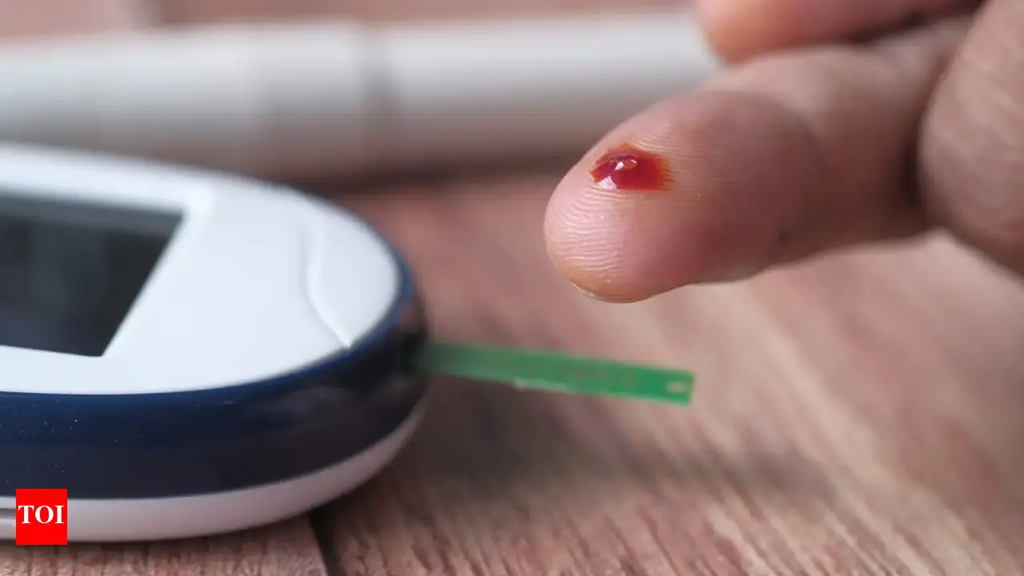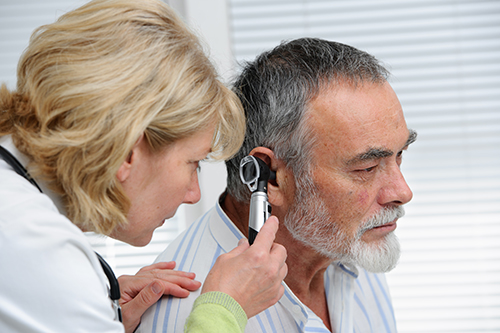
Research by AI-focused health informatics company DeepHealth shows that one in three women undergoing screening mammography are willing to pay for AI-driven enhanced review of their results and such review leads to increased cancer detection.
“Interpreting screening mammograms is a complex task for radiologists,” said study lead author Bryan Haslam, PhD, from DeepHealth in Somerville, Massachusetts. He presented the findings at the 2024 annual meeting of the Radiological Society of North America (RSNA).
Haslam told Inside Precision Medicine that “cancerous lesions can be subtle and challenging to detect, particularly when dense breast tissue obscures them. Additionally, the high volume of screenings and the complexity of digital breast tomosynthesis (DBT or “3D”) mammography—due to the sheer number of images to review—can increase the likelihood of missed cancers and patient recalls for further evaluation.”
To address this, DeepHealth has set up an Enhanced Breast Cancer Detection (EBCD) program that incorporates their FDA-cleared SmartMammo Dx™ AI software to enhance radiologist sensitivity and improve cancer detection.
But SmartMammo Dx™ “is only part of the story of EBCD,” stressed Haslam. The program also “critically includes a safeguard review, meaning that an extra physician is brought in on the most difficult cases,” he explained. “That means that if a mammogram is tricky, two doctors, not just one, will weigh in. Both doctors will have the benefit of the advanced AI. In most cases, though, the first doctor and the AI are enough to determine what is going on.”
At present, uptake of AI for screening mammography is modest, despite its reported benefits. Haslam suggests that this may be due, in part, to the fact that AI is not reimbursed. He noted that some clinical practices have chosen to offer AI at an additional cost, much like what happened when DBT was first introduced and not initially reimbursed by commercial insurers.
At the RSNA meeting, Haslam reported data from 10 clinical practices that introduced the EBCD program with the option of self-pay AI-driven screening mammography.
Across those sites, 747,604 women underwent screening mammography during a 12-month period and were given the option to pay $75 for the AI-driven enhanced review, with the cost falling to $40 approximately halfway through the study period. Prior to taking the decision to pay for AI enhanced review they were given information about the process via a website as well as a short verbal description of what is involved at the time of scheduling.
Overall, 23% of women chose to enroll, with the rate increasing over time to 33% in the final month. Haslam said that the increased uptake toward the end of the study was likely due in part to the decreased cost but also due to word-of-mouth enthusiasm and availability of data showing the benefits of the program for patients.
The investigators found that the overall cancer detection rate was, on average, 43% higher for women who chose to pay for AI-enhanced mammography relative to those who did not, at 5.95 vs. 4.15 cases per 1000.
Further analysis attributed 21% of the increase in cancer detection to the AI program. The researchers credited the remaining 22% increase in detection to the fact that higher-risk patients chose to enroll more frequently.
“These data indicate that many women are eager to utilize AI to enhance their screening mammogram, and when AI is coupled with a safeguard review, more cancers are found,” said study senior author and DeepHealth clinical AI leader Gregory Sorensen, MD.
The recall rate for additional imaging was 21% higher for AI-enrolled versus unenrolled women, at 10.9% versus 8.8%. Relatedly, the positive predictive value for cancer was 15% higher for the enrolled women (5.4% vs. 4.6%), indicating that each recall resulted in more cancer diagnoses in the enrolled population.
Haslam hopes that the research will help encourage insurers to reimburse AI and thus bring AI-assisted mammography to a wider group of patients. “Our intent is to follow the path that DBT followed: once enough women are paying out of pocket, employers pressure the insurance companies they buy coverage from for their employees to start providing payment routinely, at which point women will not need to pay out of pocket,” he said.
The researchers are also planning long-term follow-up of the women. “We already are tracking the rate of cancer detection as well as the type of cancers found and have seen a substantial boost in performance—roughly twice as big a benefit as when DBT was introduced,” said Haslam. “This is based on a dataset of more than 500,000 women who have received the AI.”
He concluded: “Getting the right diagnosis is the cornerstone of precision medicine. We believe this EBCD approach, where AI is linked to a new workflow that brings the best care to the most patients, will strongly aid the overall goals of precision medicine.”








![Best Weight Loss Supplements [2022-23] New Reports!](https://technologytangle.com/wp-content/uploads/2022/12/p1-1170962-1670840878.png)




